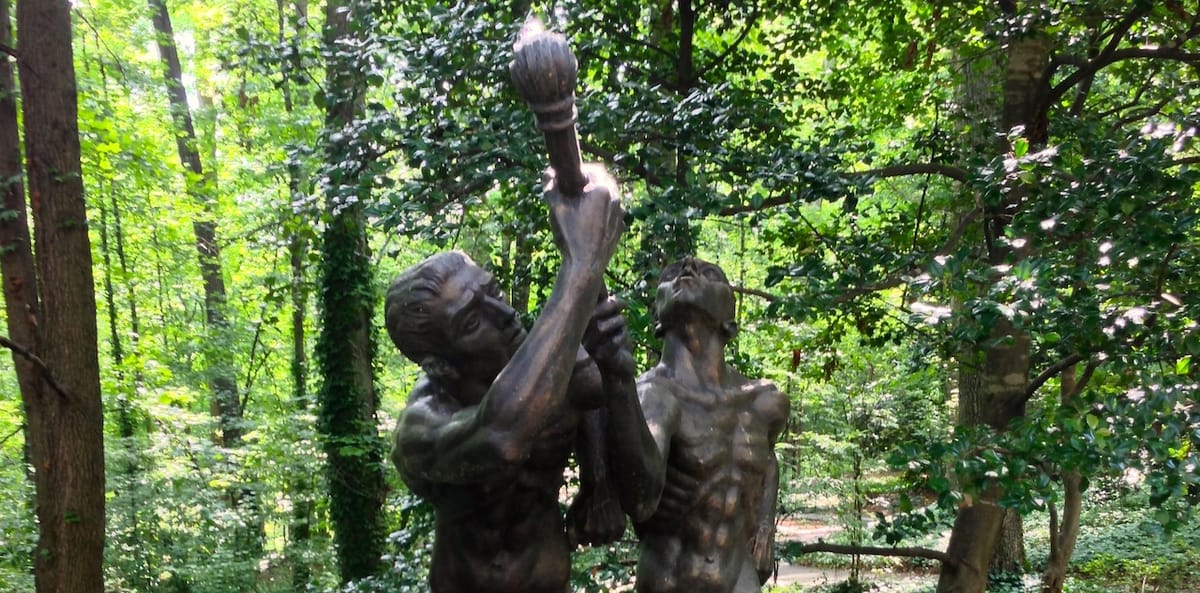riding out the clock

Earlier this week, the pacific northwest experienced record high temperatures. Antarctica recorded similar extreme temperatures over the same few days. California is in a super drought. Nearly every corner of the world is already feeling the effects of the ongoing climate crisis.
In an ideal world, this is when everyone on our planet would come together to reverse this emergency. Instead, people and their companies plan to profit off the cataclysms to come. In Seattle, 13% more homes have air conditioning than did in 2013. Future heat emergencies that might be deadly for some people will be minor inconveniences for others. Climate change is not a crisis for some people: it’s an opportunity. It reminds me of the story about the capitalist who sells a drowning man a life preserver for the cost of his life savings.
Since 2020, I’ve gone from a pandemic to a heatwave to who knows what’s next. In all these disasters, one truth remains. Some people will be able to afford whatever they need to survive. Before, it was masks and getting to the front of the line for a vaccine. Now, it’s air conditioning or a trip out of town. Those remedies were available to everyone. Only some people could afford them. Anyone who dies is at fault in this system. It’s on them.
This is the reason I fight so often to change the systems I find myself in. Maintaining the status quo is one of the easiest things to do. You don’t need change management training to keep things as they are. You don’t need buy-in. You don’t need to form a coalition. Those things help, as do funding think tanks and foundations with the profits of your greed. But all you need is apathy. Nothing generates apathy in people like being stuck in a colossal, complex system.
By contrast, it’s so hard to think of how to do something new. First, you have to choose to do it. You need to invest your time and the time of other people. You need support and resources that are self-sustaining and scalable. What about for the architects of a future in which they are the sole winners? All they have to do is take another step.
It’s easy to feel like the problems are too great to solve. It’s easy to feel outnumbered or like the cause is futile. I have a lot of those days. I’ve also found some reasons to keep going. Here are a couple techniques that I use in both my working and non-working life.
emergent strategy
Lots of people are familiar with adrienne maree brown’s book Emergent Strategy. I take from her writings the concepts of fractals and emergence. A fractal conveys how the things we do can start small. Just with us. The day-to-day actions and intentions that we put into the world. Emergence is, as brown writes, “the way complex systems and patterns arise out of a multiplicity of relatively simple interactions.” Emergent strategy reminds me that I don’t have to do it all by myself. I do have to do something. We all do. We can’t stop fighting, even when the odds look impossible to overcome.
walking meditation
Last weekend, while it was so hot, I went to the beach. I got into the frigid waters of Lake Washington. There I practiced walking meditation, floating as much as walking. I felt goosebumps escape my skin into the cold water. I felt objects float along and brush my relaxed and drifting arms. I felt the textures sliding under my feet: slippery and rough, loose sand and hard rocks. Feeling the sensations of it all helped ground me into myself.
For years I’ve practiced dissociating to get away from the uncomfortable things. I practiced a distance from what’s difficult by using cynicism as a shield. But now, I prefer a clearer (not crueler) view of the world.
We can’t stop global crises through individual actions alone. Recycling alone hasn’t stopped the deluge of plastic filling our oceans and bloodstreams. There is still power in our collective actions. We set the tone at a local level. We challenge others to find that courage within themselves. We urge policy makers, revolutionaries, idealists to use their power to act.
No matter what we do, it will always be too late for someone. People are already refugees or are dying because of the havoc we’ve caused on the earth. But for every moment we work against ourselves, it will be too late for someone else.
I recognize that there are people in the world whose greed is unflinching (alternate link). I also remember that there are people who do everything they can to make their world better for all. They are still human, still imperfect, like everyone else. They too move forward one step at a time. But they move in a different direction, in a different rhythm, with people alongside them.
I choose to join them. I hope you will as well.
Note: this essay marks a full year of me publishing a new bethefuture post every Friday! I honestly can’t believe it. I’m so grateful to my husband for reading every single post, for all our conversations and reflections, and for helping me carve out time to write each week. I’m also thankful to everyone who stopped by, read something, or shared with me their thoughts.



